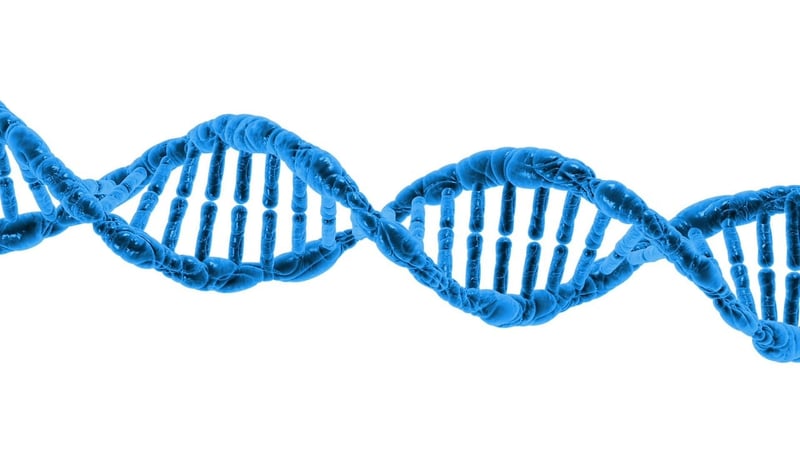Alteration Dilemmas
The Ethics of Genetic Engineering: Navigating Moral Considerations and Alteration Dilemmas
Genetic engineering has revolutionized the field of science and medicine, offering the potential to manipulate the very building blocks of life. However, with great power comes great responsibility. The ethical implications of genetic engineering raise important questions about morality, consent, and the boundaries of human alteration.
Moral Considerations in Genetic Engineering
One of the primary moral considerations in genetic engineering is the concept of playing "the role of a creator." By altering genes, scientists are essentially taking on the role of shaping life, a task traditionally reserved for nature or a higher power. This raises concerns about the potential consequences of playing with genetic codes and the impact on the natural order of life.
Additionally, questions of consent and autonomy arise when genetic engineering involves altering the genes of future generations or individuals unable to provide informed consent. The ethical debate around genetic enhancement and designer babies further complicates the issue, as it blurs the line between therapy and enhancement.
Alteration Dilemmas and Unforeseen Consequences
Genetic engineering also presents alteration dilemmas, where the pursuit of improving human health and quality of life can lead to unintended consequences. Gene editing technologies like CRISPR offer the potential to eliminate genetic diseases, but they also raise concerns about off-target effects and unintended mutations.
Furthermore, the concept of genetic determinism, where genes are seen as the sole determinants of traits and behaviors, can oversimplify complex factors that influence human characteristics. This reductionist view of genetics can lead to stigmatization, discrimination, and the overselling of genetic interventions.
Conclusion
As we continue to unlock the potential of genetic engineering, it is crucial to approach these advancements with careful ethical consideration. Balancing the promise of scientific progress with the preservation of human dignity and the sanctity of life is essential in navigating the moral maze of genetic alteration. By engaging in open dialogue, respecting diverse perspectives, and upholding ethical standards, we can strive to harness the benefits of genetic engineering while mitigating its ethical challenges.

Explore further: Genetic Engineering - Nature
